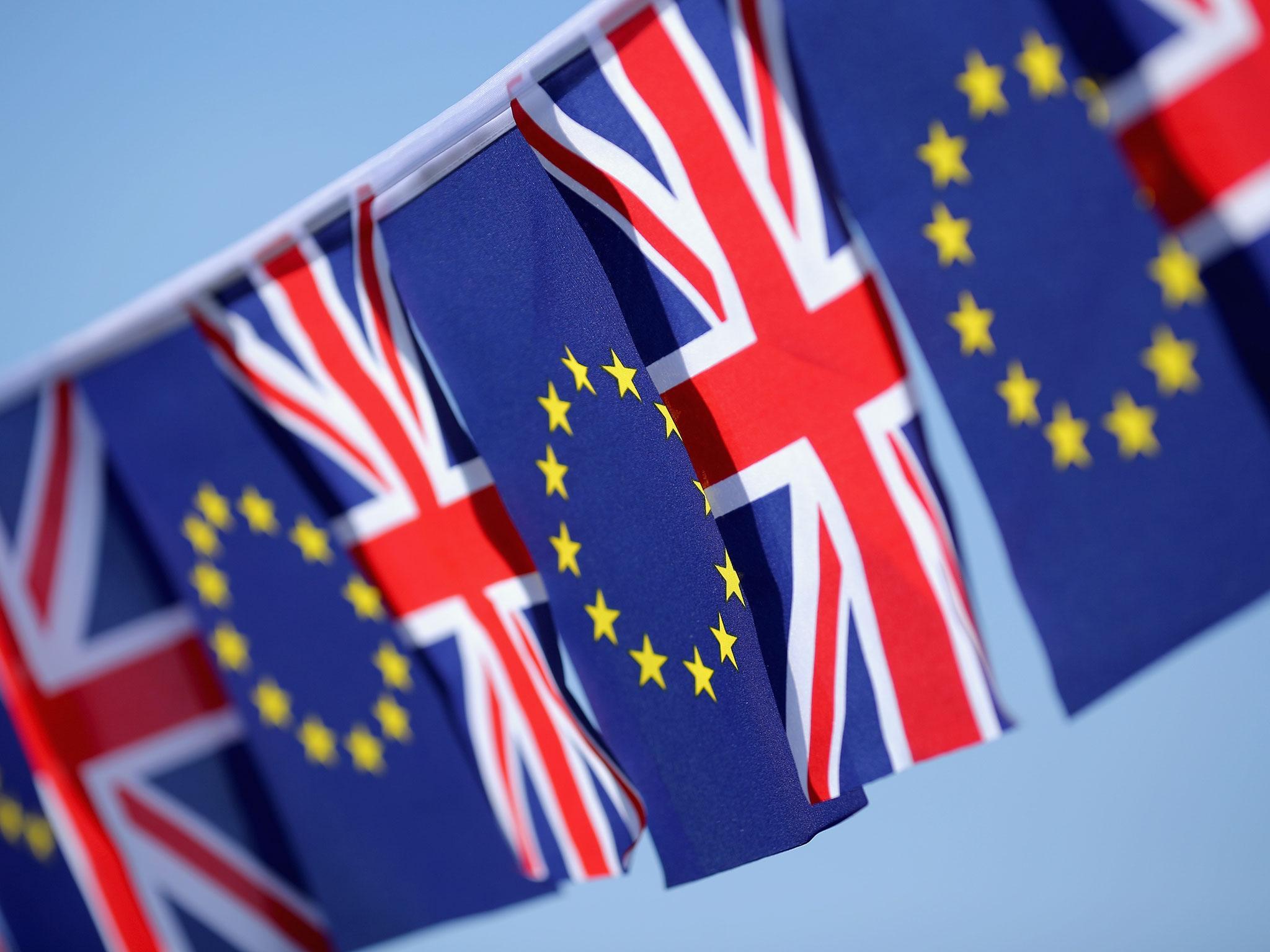Brexit experts to be paid up to £142,000 under relaxed government recruitment rules
The Government is anticipating to recruit 'significant numbers' of staff to work on delivering Brexit by 2019

Government departments are being given the freedom to pay Brexit experts up to £142,000 - almost as much as former Prime Minister David Cameron - after Whitehall’s recruitment watchdog changed recruitment rules.
Staffing regulations will be relaxed for three years in order to fill jobs quickly, according to the Civil Service Commission - the independent regulator tasked with ensuring that government departments only hire staff on merit after an open recruitment process.
The arrangement will help the Government to recruit “significant numbers” of staff and experts, who will work on delivering the government’s commitment to exit the European Union by 2019.
Under the new rules, the recruitment process will be made easier and ministers will be able to hire staff in bulk using “exceptions”, so they will not have to hold open recruitment competitions for each job.
Currently, any new member of staff hired without a fair and open recruitment process cannot serve in the role for more than two years before they have to apply for the job and undergo a standard interview process.
Departments previously had an £87,000-cap on the amount they could pay those staff without having to make an explicit case to the Commission - a figure that has now been increased to £142,000.
It is a salary that would rival those of the country’s highest paid politicians. David Cameron earned just £500 more than that, while Theresa May's salary is £143,462.
The changes come after MPs voted overwhelmingly in support of Theresa May triggering Article 50, allowing the Prime Minister to remain on track to begin Brexit negotiations with Brussels in March.
“The peak demand for additional staff is likely to fall in the next three years: in the months leading up to the triggering of Article 50; the two years of negotiation allowed under Article 50; and the immediate period after the UK has exited the European Union,” Civil Service Commissioner Ian Whatmore said in a statement.
How Brexit affected Britain's favourite foods from Weetabix to Marmite
Show all 8“This is to recognise the fact that there is an urgent and unusual need in respect of skills that the civil service has to have for Brexit," Mr Whatmore told Civil Service World. "This is to get key skills that we don't otherwise have.
“If we didn't have this place, departments would either consistently come back, one case after another, and that would minimise their impact on the market and be a bureaucratic pain for everybody. Or much more likely, they’d say, ‘well we won't recruit them —we'll go and buy all these people in through expensive firms."
The new guidelines will enable Brexit staff to be employed for a period of three years with departments able to decide whether some of the positions need to be made permanent. This means ministers will be free to hire staff and experts working on Brexit when needed but other areas of recruitment will not be unaffected.
The decision to relax the recruitment rules was nonetheless criticised by the FDA Union, which represents public service professionals.
Its General Secretary Dave Penman said he was "deeply concerned about the message this sends to civil servants and the public".
He said:: "Brexit has been - and continues to be - one of the most polarising political events in recent times and it places an enormous challenge on both the Government and the civil service.
"There has rarely been a time when the requirement of the civil service to speak truth unto power has been needed more, yet the Commission is suspending the requirement for open and fair selection, one of the key principles that underpins a politically impartial civil service, for potentially large groups of staff being brought in to work on Brexit.
"In the wake of calls from some ex-Ministers to recruit 'cheerleader' civil servants to deliver Brexit, following the departure of Sir Ivan Rogers as the UK's Ambassador to the EU, suspending the requirement for open and fair selection to a larger group of staff - at a more senior level and for longer - is a worrying development."
Subscribe to Independent Premium to bookmark this article
Want to bookmark your favourite articles and stories to read or reference later? Start your Independent Premium subscription today.

Join our commenting forum
Join thought-provoking conversations, follow other Independent readers and see their replies